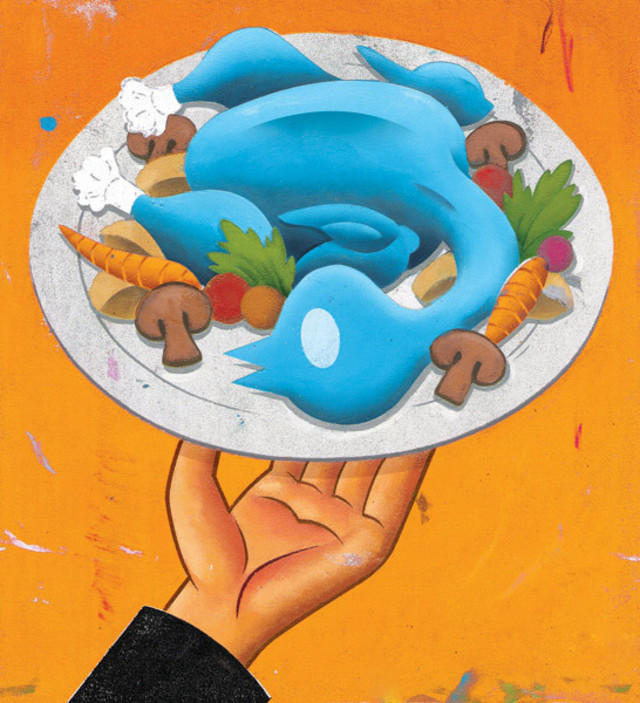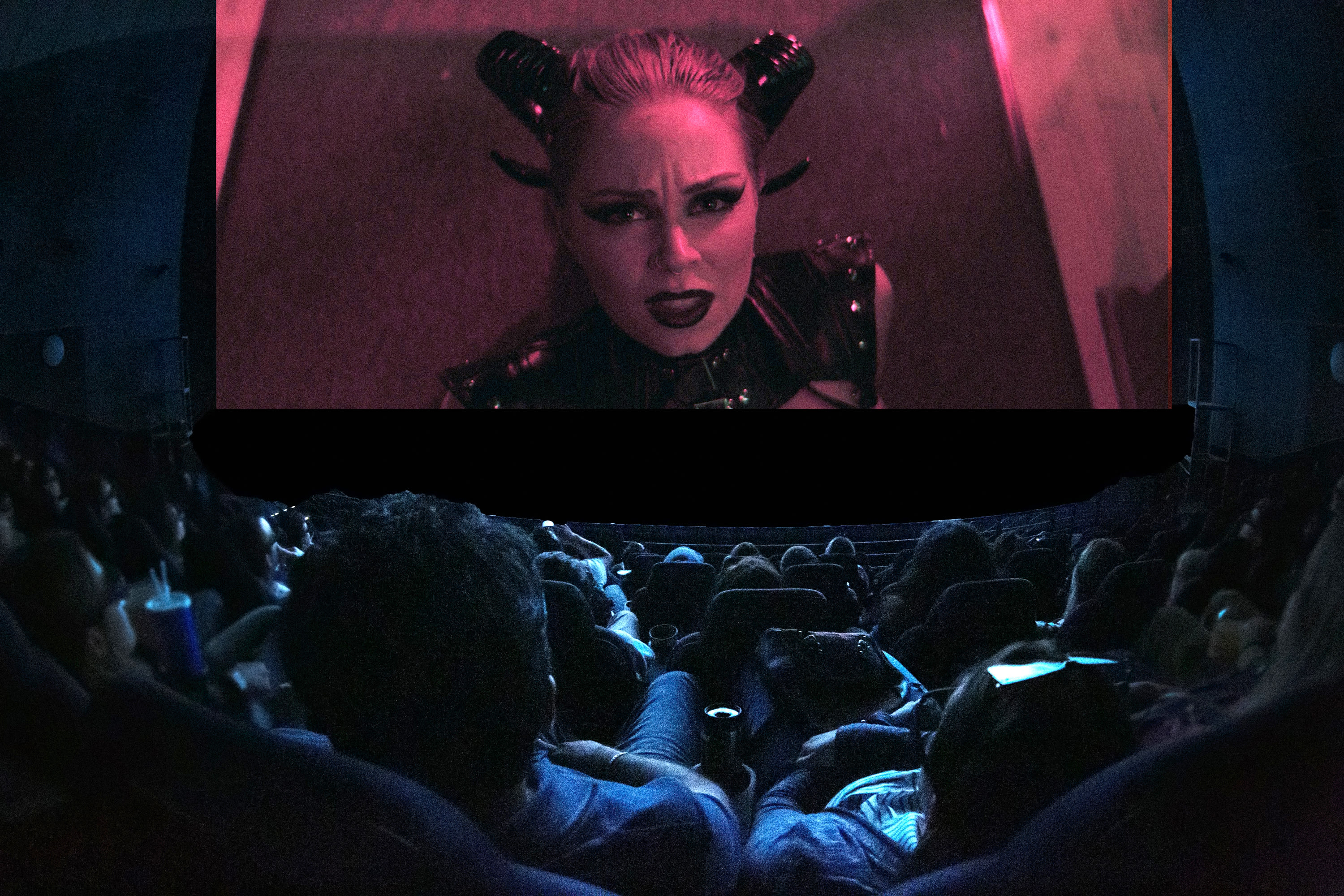Tweet First, Cook Later

DANIELLE CUSTER IS opening a food truck that specializes in grilled cheese sandwiches. She has a name, Monte Cristo, a Facebook page, and a Twitter handle, @mobilemelts. The former director of Taste at SAM checks in almost daily with her social media coach, learning the fine art of Twitter hashtags, attracting followers, and crafting engaging Facebook posts.
Minor detail: Custer doesn’t have a truck yet.
Such status updates would seem excessive, even premature, for any other yet-to-open business. But in Seattle, forging an online personality has become as crucial to launching a restaurant or food truck as building out a kitchen or signing a lease. It’s an idea that took hold in 2009, when Seattle food writer Molly Wizenberg ignited an anticipatory frenzy by chronicling on her Orangette blog the process of opening Delancey Pizzeria with her husband.
The trend still baffles social media sages like Joe Barnes, an instructor at Seattle University. “Social media is about engaging the people and having a two-way dialogue,” Barnes says. “Who are you going to talk to if they haven’t tasted the product?”
At least one local establishment learned Barnes’s lesson the hard way. Remember Faraway, the classic cocktail bar slated to open in Ravenna in late 2009? That project never materialized, but its name and logo live on Twitter, its final communique with the world on February 2010, “Had a great time bartending at private brothel-themed party the other night.”
But given Seattle’s dual affinities for technology and food, establishments that are latecomers to Facebook can open to empty tables, says Emily Resling, a consultant who created the social media program for Marination Mobile, the fusion food truck (and subsequent brick-and-mortar restaurant) that boasts an impassioned fan base more typical of football teams or Twilight actors.
Resling would have done things differently back in Houston, where she lived before Seattle. There, she says, people constantly congregate in bars and restaurants. Here? “It’s so insular and people use technology to have relationships that they don’t really have in person.”
So Resling set about creating an online personality that accurately reflected the Marination owners and their aloha-fied fusion sliders, tacos, and rice bowls. The plan evolved to include a style sheet of words to use and words to avoid in posts and tweets, and even specified a preferred format of smiley face emoticon. “Part of why it blew up was the following that we had online came to the truck and found exactly the same thing, that same amount of fun and quirkiness.”
Conversely, she adds, “Having a very strong presence before you open can bite you in the ass,” if a restaurant’s reality doesn’t match, or live up to, that cunningly cultivated Twitter feed.
Custer, still searching for a truck for Monte Cristo, feels the pressure. “Now it’s out there,” she says of her fledgling business’s online presence. “Crap, now I really have to do it, and not only do I have to do it. I have to do it really well.”




